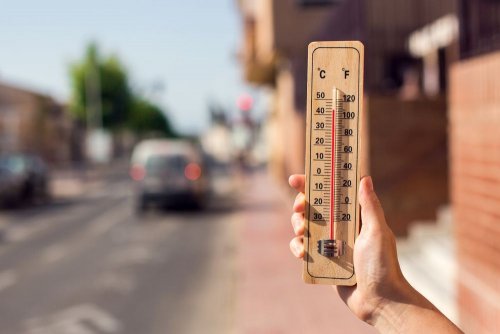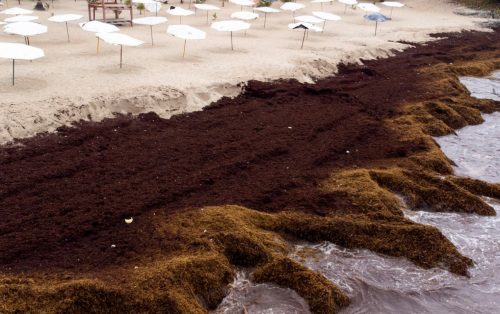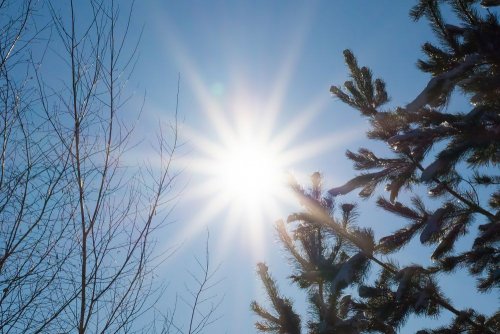Bulgarian farmers have started harvesting rose petals for the famous Bulgarian oil a month earlier. This shift in time is caused by climate change, which has made springs warmer and wetter.
This is reported by Euroactiv.
Bulgaria is one of the world's largest producers of fragrant rose oil, which is used to make rose water, rose jam, rose tea and even rose brandy. The first distillery was opened in 1820 in the city of Kazanlak near the famous Valley of Roses.
Todor Nikolayev, chief technologist of the Terra Rosa distillery, says that the quality of the petals and oil largely depends on weather conditions, in particular, on the combination of heat and humidity. He noted that due to the recent mild winter and very warm March this year, roses began to bloom earlier, and the harvest season started about three weeks earlier than usual.
Scientists confirm that climate change over the past decades has led to early flowering of plants – with an advance of several weeks.
"We checked our archive from 1987 and found that the active, massive beginning of flowering of rose bushes falls on the period from June 10 to 20. And today we have roses that begin to bloom a month earlier," says Valentin Kazanjiev, agrometeorologist of the National Institute of meteorology and hydrology in Sofia.
Kazanjiev believes that farmers facing climate change should focus on technologies that mitigate its effects, and that scientists should recommend different geographic zones for different crops for each decade.
In April, EcoPolitic reported that Pope Rome criticized those who deny climate change.
We also reported that according to research climate change will reduce global incomes by 20% within 25 years.




